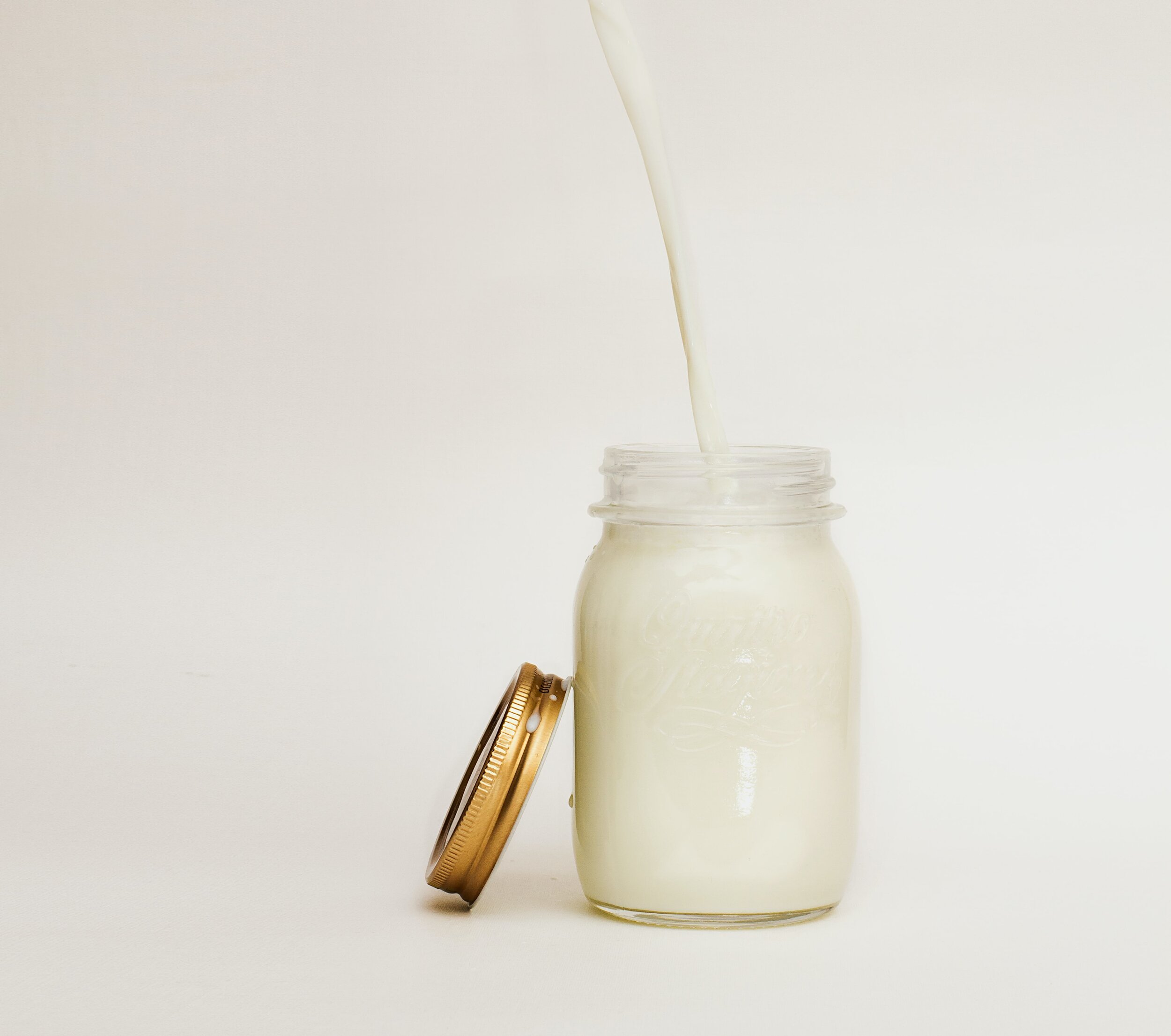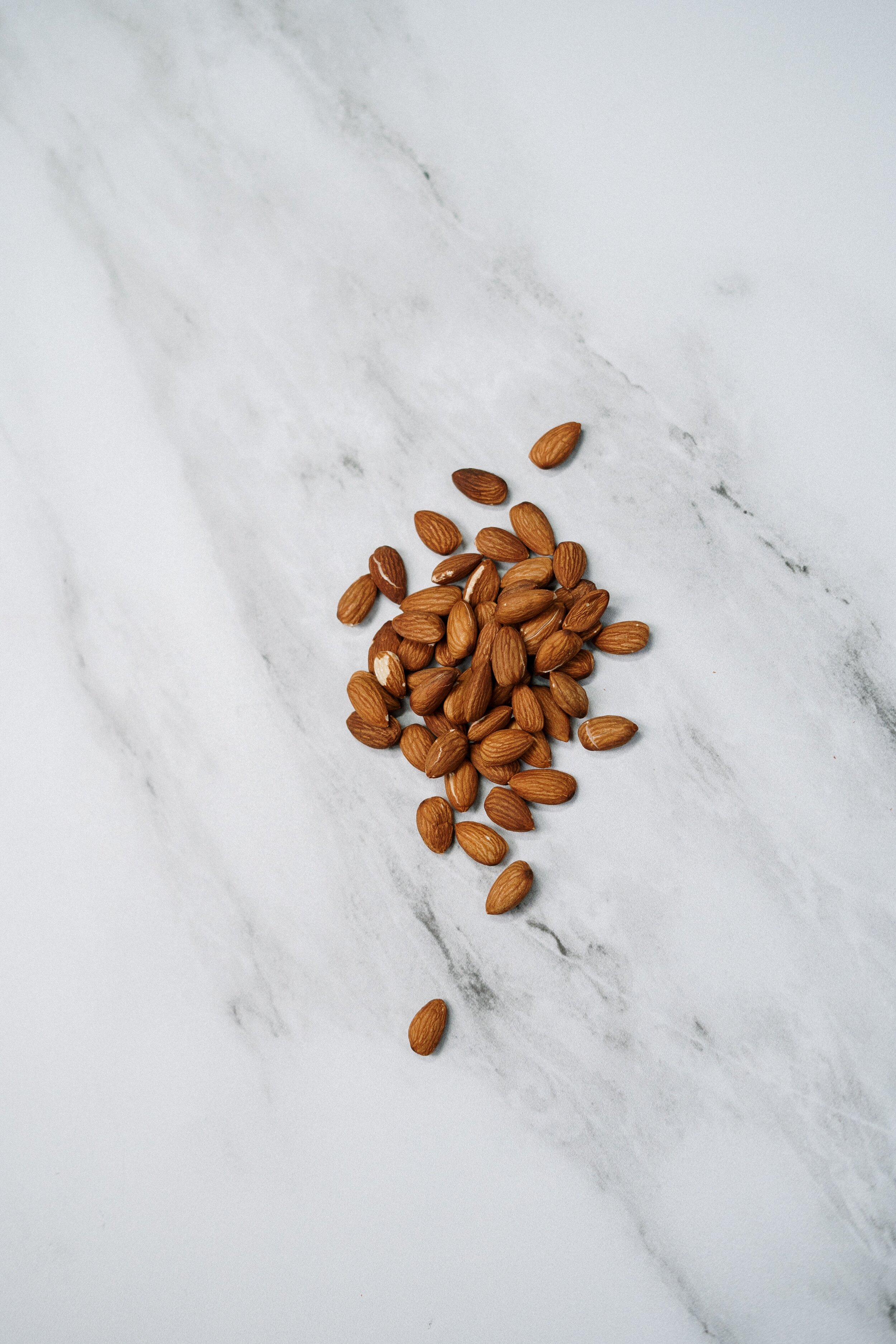How to get enough calcium in your diet
With more people becoming interested in going dairy free or trying out a vegan diet, it’s time to take a look at our calcium requirements. Calcium is an essential micronutrient and we need to make sure we’re getting enough to support healthy strong bones and more!
When we hear calcium the first thought is often “strong bones”, and while this is definitely one of the important roles of calcium in the body it has other functions too.
Calcium is also involved in muscle and nerve function, hormone secretion and maintaining the actions of the heart muscle.
Most of the calcium in our bodies is stored in our bones and teeth (around 99%) where it helps to support skeletal structure and function. The remaining 1% of our bodily calcium circulates and helps do everything else!
What are our daily calcium requirements?
For Australian adults aged 19 through to 50 years old, our daily recommended calcium intake is 1000mg.
Calcium needs are higher for women over 50, when the recommended daily intake jumps up to 1300mg. It’s also higher in teenagers (boys and girls) aged 12 to 18 years old, when the daily intake is 1300mg as well.
(Source: Nutrient Reference Values for Australia and New Zealand)
What are our calcium needs in pregnancy and breastfeeding?
The recommended daily intake for calcium during pregnancy and breastfeeding stays the same as for adults, 1000mg.
During pregnancy, our body’s ability to absorb and utilise the calcium from foods actually increases! In other words, even though we aim to consume the same amount of calcium, our body will be more efficient at taking it in. How cool is that. This is why the Australian guidelines do not suggest an increase in calcium intake for pregnancy.
Now that said, there is a slight loss of bone mass during the third trimester of pregnancy and during breastfeeding, as some of the calcium that goes to the baby and breast milk comes from calcium stored in the mother’s skeleton. It has been suggested that calcium supplementation may be beneficial in reducing the impact on bone mass (Thomas & Weisman, 2005). However, at this point significantly increasing dietary intake of calcium doesn’t appear to have a definite benefit.
What does that mean for pregnant and breastfeeding women?
Based on current advice, you’ll be tracking okay if you are definitely getting that 1000mg of calcium each day from your diet. However, if you’re not quite sure you’re hitting the target, working with a pregnancy nutritionist or dietitian might be a good idea to help maintain your bone health.
As you’ll see below, it can actually require a bit of planning to get to 1000mg calcium every day!
Calcium in dairy products
Traditionally dairy has been the go-to main source of calcium in Western diets. Dairy products are very high in calcium compared to most other foods, and this calcium is well absorbed by the body.
If you like eating dairy products and you tolerate them well - there is no harm in you consuming dairy! I could go on about this, but there’s so much to say let’s leave that for another blog post.
So, how much calcium can you get in an average serve of dairy? Here are some examples:
½ cup (125mL) full cream cows milk = 135mg
½ cup (125mL) lite milk = 150mg
125g low fat natural yoghurt e.g. single serve tub of Jalna Natural Fat Free = 292mg
160g tub of strained Greek yoghurt e.g. YoPro vanilla individual tub = 187mg
40g of feta cheese = 129mg
2 thin slices (40 grams) of cheddar cheese = 288mg
1 medium scoop (69g) low fat vanilla ice cream = 64mg
Top non-dairy sources of calcium
I get asked about dairy free sources of calcium A LOT. A number of my clients are on dairy free diets for various reasons, and it’s certainly something that has gained a lot of general popularity, too.
Here are some non dairy sources of calcium to enjoy!
Legumes, like chickpeas, kidney beans, white beans and black beans
130g black beans (130g is around ¾ cup of cooked beans) = 74mg
130g red kidney beans = 56mg
Soy products
125g firm tofu = 400mg (not ALL tofu will be this high in calcium, this is tofu that has been set in a calcium-containing liquid. I recommend checking the packaging or even contacting the manufacturer if it’s not clear!)
125g tempeh = 93mg
Canned fish with edible bones still in
80g sardines in springwater, drained = 432mg
100g pink salmon in springwater, drained = 310mg
Fortified plant milks
Many different plant milk alternatives are fortified with calcium e.g. almond, oat, soy, rice, coconut. You must check the label and see how much calcium is added per serve. A common amount added to Australian plant milks is 300mg per 250mL serve, as this makes the milk have a similar calcium content to cow's milk.
Almonds
20 almonds (25g, a small handful) = 62mg
Chia seeds
2 tablespoons (20g) chia seeds = 126mg
Dried figs
2 dried figs = 76mg
Tahini (sesame seed paste)
2 tbsp tahini (20g) = 66mg
How to get enough calcium each day
As you can probably see from the above examples, hitting 1000mg per day of calcium requires you to enjoy more than one serve of a high-calcium food each day.
You don’t have to get it all from dairy and you don’t have to get it all from non-dairy, you can mix and match.
If you aim to incorporate a calcium-rich food into at least two meals, and perhaps add something into a drink or a snack besides that, you will be well on your way to hitting that target!
Do you need help planning a balanced and nutritious diet? As an accredited nutritionist this is exactly what I help my clients do! Get in touch to book a FREE 15 minute discovery call with me today.






